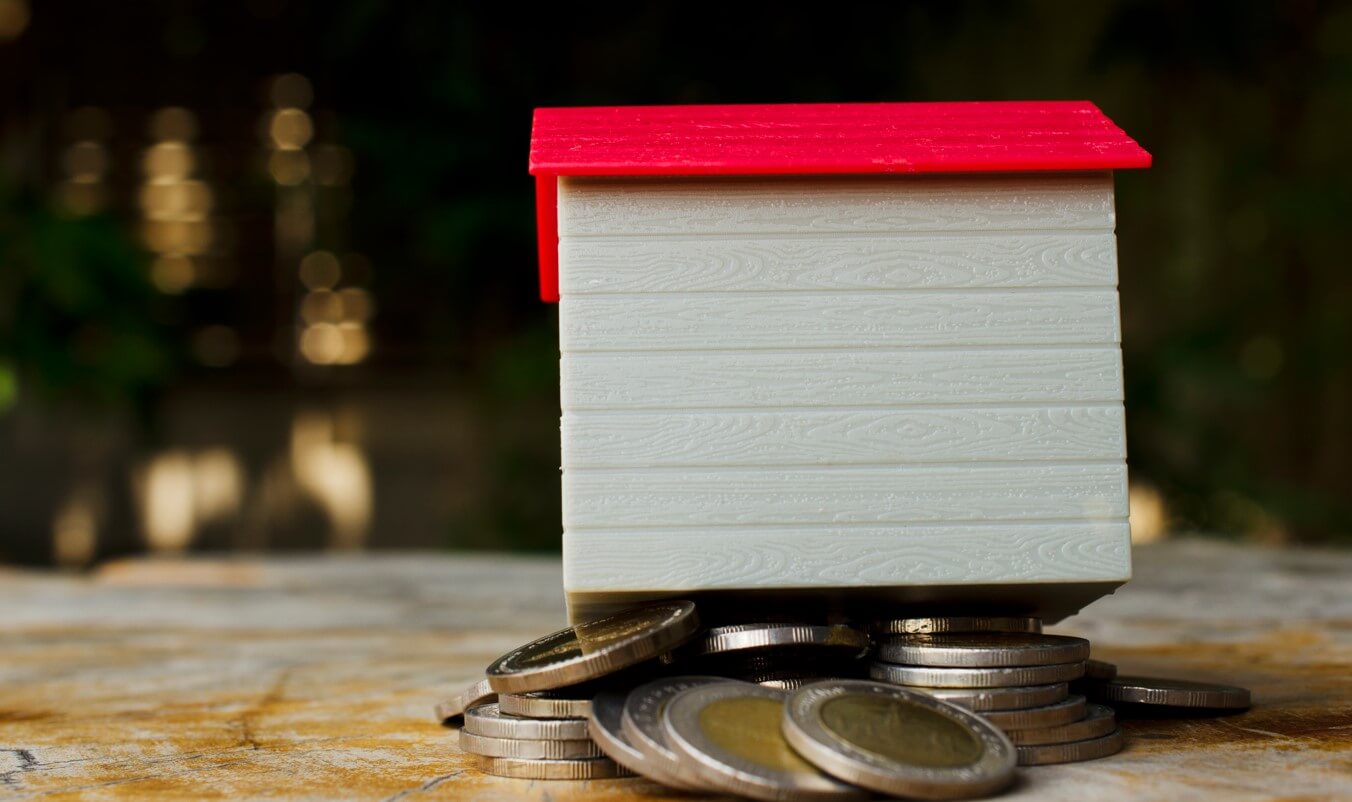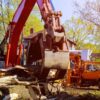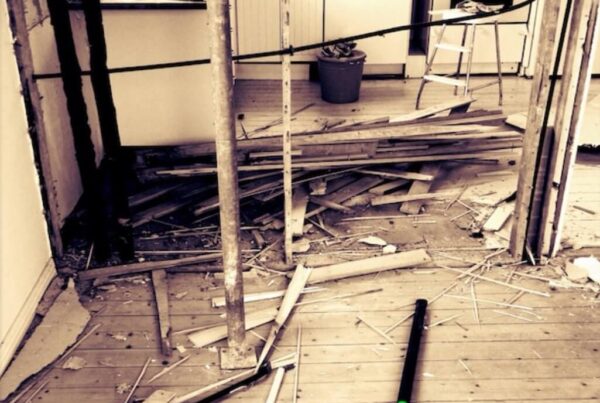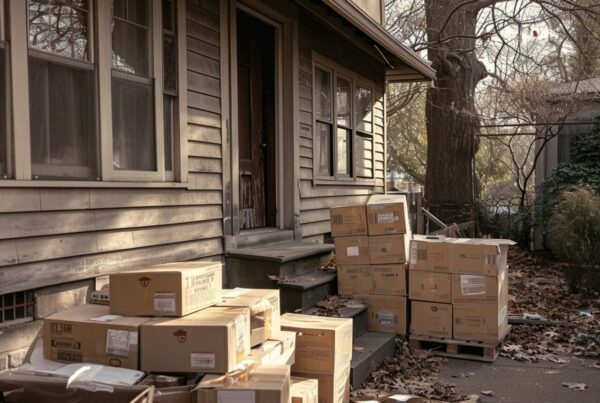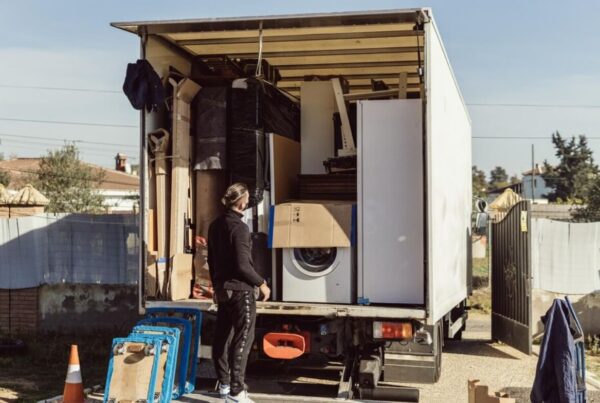Mobile homes offer cost-effective housing solutions without the steep prices of traditional houses. However, unlike real estate investments, they tend to depreciate more rapidly and buyers must understand why do mobile homes depreciate so fast to make informed decisions and potentially slow the rate of decline.
What Is Depreciation?
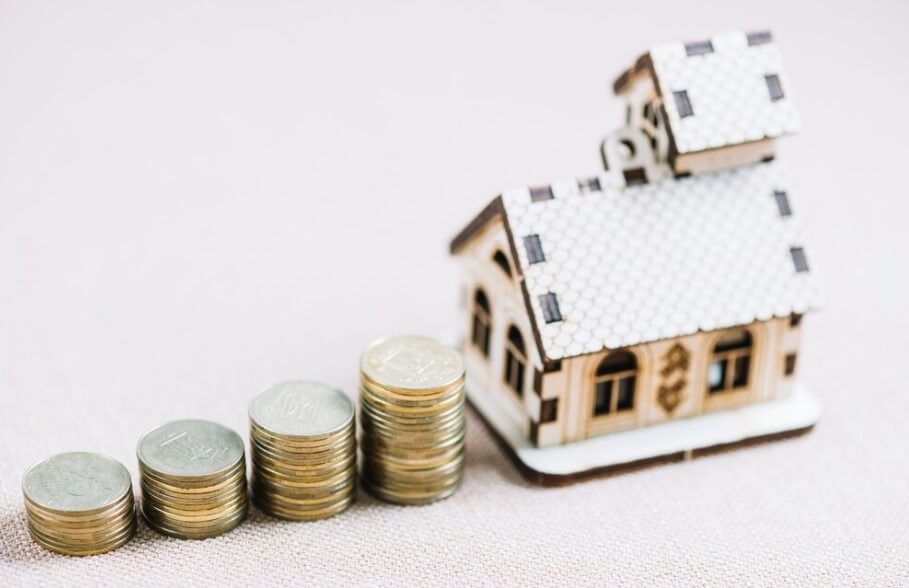
Depreciation refers to the gradual loss in value over time for assets like cars, machinery, and some housing types such as mobile homes compared with traditional houses that typically appreciate. Mobile homes however tend to fall more along the lines of vehicles than traditional real estate thus seeing depreciation more quickly compared with land or buildings.
Classification as Personal Property
Mobile homes are frequently classified as personal property like cars and RVs; as such, their value does not appreciate as rapidly. Land appreciates with limited supply while mobile home structures do not necessarily increase in worth over time.
Example: Traditional homes’ values usually factor in their land, which tends to appreciate over time. Mobile homes on rental lots don’t gain in value in comparison.
Deterioration Over Time
Another cause of mobile homes’ quick decline in value is their construction. Although modern mobile homes may be superior in terms of build quality, their lightweight materials could still be susceptible to weather-related damages and general wear and tear.
Why It Matters: As mobile homes age, repair costs increase exponentially and potential buyers often perceive older mobiles as liabilities. Consequently, this reduces resale values significantly.
Need to move or dispose of your mobile home? Learn about the best methods and regulations for efficient mobile home removal.
Lack of Land Ownership
Land is a key factor when valuing real estate. When purchasing traditional homes, buyers typically acquire their land along with it and its appreciation adds considerable value to overall properties. With mobile homes often placed on leased land lease arrangements owners don’t benefit from any rises in land values, thus impacting its resale value directly.
Effect: Without land ownership, mobile homes’ values depend solely on their structure; as a result, their value declines rather than increases over time.
Financing Obstacles
Mobile homes present special financing hurdles. Traditional mortgages tend to come with lower rates over longer terms and come with a fixed monthly mortgage payment plan, making the mortgage easier for families. Meanwhile, mobile home financing typically entails personal property loans which have shorter loan terms with higher interest rates, making mobile homes less appealing as potential home purchases and further diminishing their resale values.
What this means: Since prospective buyers face higher interest rates, they may be unwilling to pay an exorbitant premium price for used mobile homes – further driving prices down.
Mobile home skirting not only enhances appearance but also provides added insulation. Discover top skirting options and installation tips.
Perceptions About Mobile Homes
Public perception also plays a part. Mobile homes historically were associated with low-quality or temporary living situations. While industry innovations have improved these qualities and designs significantly, some buyers still view mobile homes as less desirable alternatives than conventional houses; therefore affecting demand and impacting the resale price of mobile homes.
Bottom line: When fewer people view mobile homes as long-term investments, they’re less likely to pay sky-high prices for them.
Limited Market Demand
Due to these factors, used mobile homes remain less in demand compared to conventional properties; as fewer buyers contribute to lower prices overall.
Example: In low-demand conditions, mobile home sellers may need to drop their asking price in order to find buyers quickly – leading them down an irreparable path toward depreciating value more rapidly than expected.
Understanding your rights as a mobile homeowner in the US is crucial. Browse the legal protections and regulations you should know.
The Bottom Line
Why do mobile homes depreciate so fast? While mobile homes tend to depreciate faster than conventional houses, there are ways to slow the rate of depreciation. Regular maintenance, locating on owned land, and investing in modern features all help maintain value over time – although it should be remembered that, unlike real estate investments such as houses or land parcels, mobile homes typically follow an exponential depreciation curve.
